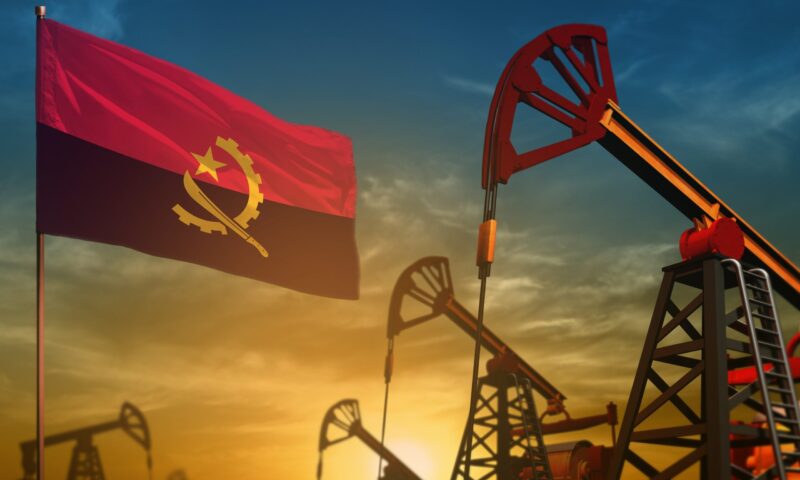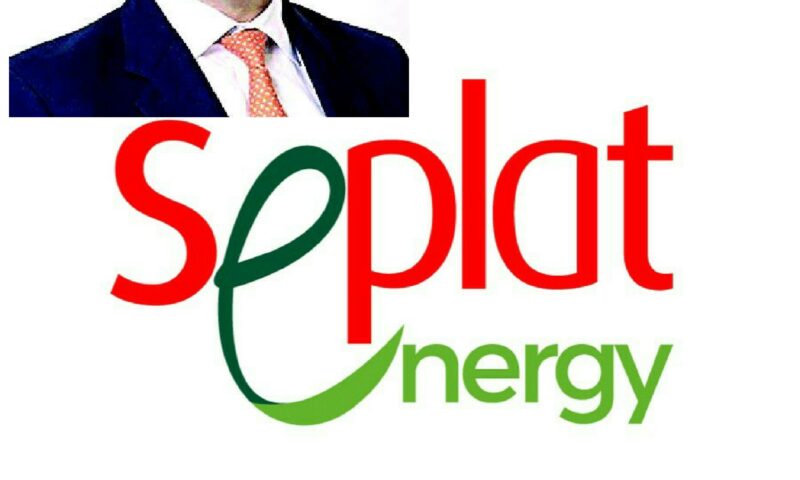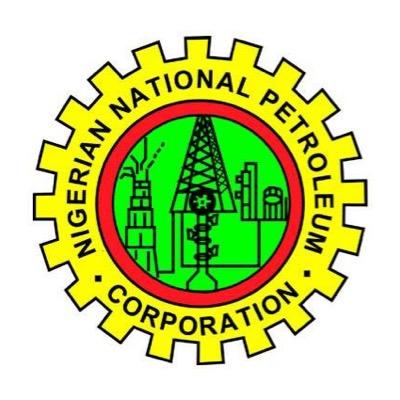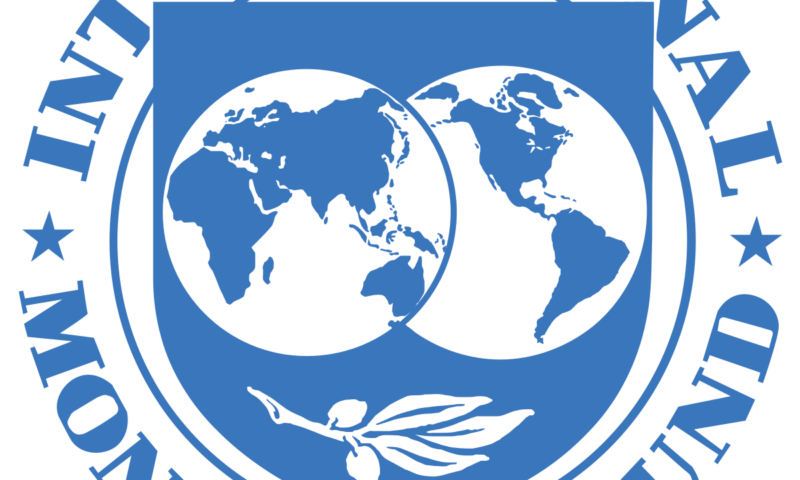CAPTIONT
he Nanaging Director of Seolat Energy, Nr Roger Thompson Brown
By Favour Nnabugwu
Seplat Energy Plc has denied the allegations against its Chief Executive Officer (CEO), Mr. Roger Brown and Board of Directors of the company as true, malicious and misleading
There were earlier publications citing the content of the allegations against the energy company’s embattled CEO, however, privileged information from a reliable document shows that the company has good reasons that make the allegations not malicious or racist acts.
Seplat Energy Plc was on March 9 served with court processes and ex-parte Interim Order of the Hon Justice C. J. Aneke of the Federal High Court, Lagos, Nigeria, restraining the Chief Executive Officer, Mr. Roger Brown from participating in the running of the Company for a period of 7 days.
For instance, Seplat rebutted the allegation that its CEO, on resumption of office in 2020, embarked on a forced resignation and sacking of Nigerian staff based on discriminatory policies.
“There was no mass sack or forced retirement, as claimed. The individuals listed in furtherance of this allegation were 8 in number and they left the Company between 2020 and 2022. The exits resulted from a) an Organisational restructure approved by the Board and communicated to staff on 12th October 2020, and b) such individual’s willing resignation/early retirement,” the document reads.
Also, on allegation that the CEO deployed intimidation and passive aggression on the Director Corporate Services and the SLT to enforce a 3-point manipulative ranking scheme against Nigerian staff, the company said:
“The 3-point appraisal system was developed by HR in response to staff suggestions for a review of the performance ranking system. On the part of management, the review was to ensure that rewards were tied closely to results such that those who were assessed with a higher performance would be eligible to receive a higher bonus payment.
The 3-point system resulted from an extensive internal review of our performance appraisal processes, with due consideration to the continuous staff complaints about issues which they observed/experienced in the former 5-point system”.
According to the document, “The prior practice was a 5-point scale of Exceptional (score 81-87), Very Good (score 75-80), Good (66-74), Average (60-65) and Poor (score of 59 & below). A review was required due to the following challenges with the 5-point scale:
“Prolonged periods spent in assigning different marks to identified level of performance, in order to achieve a 75percent average. The objective was to make the assessment process more efficient and arrive at a timely outcome and make timely bonus payouts to staff.
Imbalanced performance assessment and outcome for staff working within the same performance/job group level.
“The objective was to ensure that staff on the same performance level receive the same percentage bonus and individual performance review.
Subjectivity in the appraisal process. The objective was to encourage managers to make holistic decisions about employee performance levels based on quality, timeline, exhibition of Seplat Values”.
It further noted that in addition to resolving the above challenges, “a revised appraisal process would eliminate the manner in which the 5-point system limited promotion opportunities primarily due to the 75percent cut-off mark required for promotion.”
“The review of performance appraisal process was led by the Company’s HR department. At the end of the review process, two (2) options were presented to the Senior Leadership Team (SLT) for consideration. The SLT is comprised of the senior leaders of the Company and is the highest decision-making body of the Company after Board members.
“The options considered by the SLT included (i) a 3-point scale of Outstanding, Strong and Average ratings, or (ii) a modified 5-point scale of Exceptional, Very Strong, Strong, Average and Poor ratings.
“Following the HR presentation, the SLT members extensively debated on the merits and demerits of each option and thereafter unanimously voted for the Company to adopt a 3-point performance rating scale, as being the most appropriate in helping to differentiate staff performance levels.
“The 3-point scale is such that employees assessed by their line manager with the designated rating were awarded the corresponding bonus payment – “Outstanding” rating: 125percent performance bonus, “Strong” rating: 100percent performance bonus, “Average” rating: nil bonus. This 3-point scale was in furtherance of the Company’s target to reward optimal performance levels and incentivize staff to deliver on the Company’s Scorecard and commitment to its investors, the market and other stakeholders,” the document stated.
According to Seplat, “The 3-point scale of Outstanding/Strong/Average mirrors what is obtainable in the market. Most companies in the market in which Seplat operates uses variants of this methodology.
“The Director Corporate Services (who leads the HR department) and the SLT were never intimidated and did not experience any passive aggression in the run up to, during or after the appraisal system review exercise.
“It is instructive to highlight that for the 2021 performance year, for which staff performance appraisals occurred in 2022, only 5% of the entire employee population (i.e., 24 staff) were assessed on the “Average” rating pool. Out of these 24 staff, eight (8) employees had previously received a “Poor” rating and were in a performance improvement programme, using the old 5-point appraisal practice. It is also instructive to highlight that an expat employee was amongst the employees assessed on the “Average” rating pool, which debunks the falsehood that the “Average” rating was meant only for Nigerian staff.”
Seplat Energy, by this explanation seemed to have made selection of an appraisal system based on a tested assessment of what would encourage performance in the organization.
On allegation that the “Average” performance rating applies to Nigerian staff only, Seplat Energy Plc said it is untrue, malicious and misleading.
According to the company, “The workings of the 3-point rating system have been outlined above, to demonstrate a legitimate business interest and management action. We have also shown that the 3-point scheme is not discriminatory.
“Despite the relatively low number of expatriate employees in the Company, an expatriate employee was amongst the 5 percent of the employee population (that is 24 persons) who were assessed on “Average”.
“The Company has 515 employees under a regular and direct contract of employment. 24 out of the 515-employee population (that is 5percent) are non-nationals. It is a legitimate, objective and balanced outcome to have one (1) non-national employee in the bucket of “Average” rating (that is, 1 out of 24). This correlates to 4percent when compared to the overall employee population distribution spread.”
“In the same year, a higher number of employees were rated as ‘Outstanding’. That is, 91 employees (representing 17percent of the employee population) were rated as ‘Outstanding’. 5 out of these 91 employees (that is, 5percent) were non-nationals. The above is indicative of an objective and balance outcome without any targeted diversity skew against any nationality.”
Also on the alleged discriminatory imposition of a 60-year retirement age for Nigerian staff, which is not enforced for Foreign staff, Seplat said, “The Company strictly complies with the retirement age requirements of the Country/jurisdiction in which each Employee is engaged to work. Employees working in Nigeria, both local and expatriate retire at the age of 60 in line with Nigerian law.
“It is instructive to note that the maximum retirement age in the UK private sector is 65 years. This is the applicable labour practice for employees in the London and Aberdeen offices”.
Also in rebutting the alleged under-performance of certain foreign Employees and/or whose retirement was blocked by the CEO, the company said: “There are clear and irrefutable records that show the complete falsehood of the underperformance alleged against certain employees who were singled out in the Petition in this area. As highlighted above, the employee in question has not attained the UK maximum retirement age and was not in the bucket of “Average” performance rating.”
Also, Seplat said the allegation is not true that the Board directed the termination of a named employee based in London, but blocked by the CEO. Additionally, named employee frustrated a GM in HR to resign.
It said, “The named employee is currently on contract in the Company’s London office. There are clear and irrefutable records, and it is also common knowledge, that the referenced GM in HR resigned from her position in Seplat to join another E & P company.”
While responding to the allegation that the London Office is a fraudulent scheme and it was discriminatory for the CEO to handover the running of the London Office to Alasdair Mackenzie instead of Emeka Onwuka (his successor), Seplat said it’s untrue, malicious and misleading.
It said in the document that, “Seplat London is a small office (currently 11 staff) that was set up after the Company’s public listing to lead activities concerning Seplat’s listing on the London Stock Exchange and enable Seplat to access key financial, legal and other support services as required. It is instructive to note that London is one of the leading financial hubs in the world and the Seplat London office operates as the financial center for managing the group’s equity, debt and liquidity.
“All London staff have various functional reporting lines to the Lagos office. Since its inception, the London office has been managed by the most senior staff member based in the UK. Roger Brown carried out these duties when he was CFO and based in London, before he became CEO and moved to Lagos. Although Emeka Onwuka succeeded Roger Brown as CFO, he is based in Lagos.
“The most senior staff member based in the UK is Alasdair Mackenzie, Director Strategy, Planning & Business Development, who is also a member of the Senior Leadership Team. Alasdair Mackenzie therefore manages the UK offices from an administrative perspective.”
On the alleged Relocation of Seplat Technology/Subsurface Office to Aberdeen in discrimination of Nigerian staff and their development, the company said: “Seplat acquired the Aberdeen office in 2019 from Eland Oil & Gas Plc, who ran its OML40 operations from Aberdeen. Post-acquisition, Seplat has downsized the Aberdeen office (currently 16 staff) and expanded its purpose by extending Aberdeen’s focused exploration, business development and training services to the wider organisation.”
“Existing activities were not “moved” from Lagos to Aberdeen. The Aberdeen office operates as an addition to Seplat’s increasing resource-base, and is an expansion of Seplat’s UK-residential staff development programme which piloted by the London office. Presently, staff are actively seconded from Nigeria to the Aberdeen and London offices,” Seplat said in the document.
Seplat also rebutted the allegation that the CEO supported the Technical Director’s refusal to report to the COO in compliance with Board directive.
“The Board-approved management organigram shows that the Technical Director (TD) reported directly to the CEO, during pre-July 2022 before resumption of the COO and post-July 2022, following resumption of the COO.”
On the alleged bullying of a Nigerian employee by an expatriate SLT member, Seplat said it is untrue, misleading and malicious.
According to the energy company, “There was some operational divergence between the two employees concerning work processes, which is not unusual for two employees in a reporting relationship. HR mediated a workable forward plan for both employees. No formal bullying or harassment case was lodged by either party.
From the foregoing, it is not therefore surprising that the Seplat Board believes that these allegations are a spurious and vindictive reaction to the enforcement of corporate governance standards in the Company and its support for Mr. Brown who has earned an unblemished record of service and leadership in the Company.
The energy company has continued to maintain its operational excellence and act in line with the best corporate governance standards and it is confident that this matter will be brought to an expedient and successful end.
The Board of Seplat Energy had on March 8, 2023 unanimously passed a vote of confidence in Mr. Brown, who continues to discharge his duties and responsibilities as CEO from the SEPLAT UK office.











